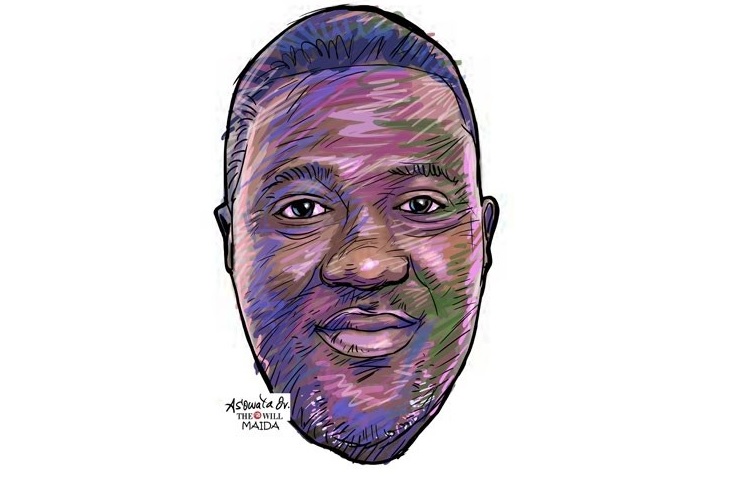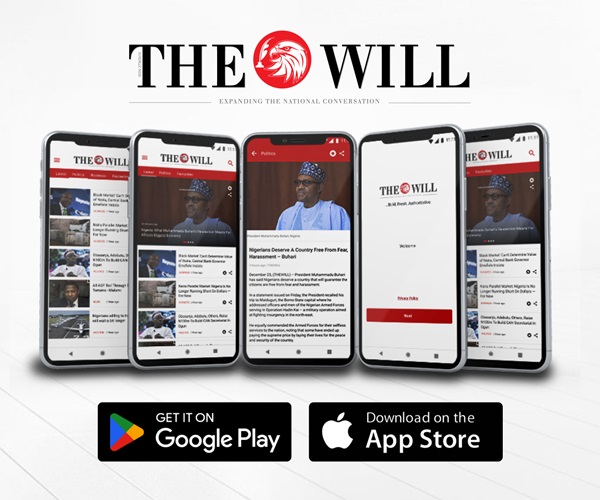January 26, (THEWILL) – The Nigerian telecommunications landscape is set to undergo a seismic shift with the Nigerian Communications Commission’s recent approval of a 50 percent tariff increase, a decision that has sparked public outcry and potential industrial action. At the heart of this controversy stands the Nigeria Labour Congress (NLC), which has not only condemned the move but also seriously contemplating a nationwide boycott of telecom services.
The tariff adjustment promises to be punishing for the average Nigerian consumer. Call rates will surge from N11-N12 to N16.50-N18 per minute, SMS charges will climb from N4 to N6, and data costs will jump from N300 to over N400 per gigabyte.
The hike is coming at a time of profound economic vulnerability, where the minimum wage worker earning N70,000 monthly could see their telecommunications expenses rise from N7,000 to N10,500 — a substantial 15 per cent bite into their already stretched income.
Telecom operators argue that the increase is inevitable, pointing to a justifiable perfect storm of escalating operational costs driven by persistent inflation and volatile foreign exchange rates. They contend that without this adjustment, service quality would deteriorate and critical infrastructure investments would become unsustainable. However, this argument rings hollow for most Nigerians who are already struggling with mounting economic pressures.
NLC President, Joe Ajaero, has been particularly vociferous in his criticism, characterising the tariff hike as a direct assault on the welfare of Nigerian workers. In passionate statements, he has questioned the government’s priorities, drawing a sharp contrast between the rapid approval of telecom price increases and the glacial pace of minimum wage negotiations.
The NLC’s response goes beyond mere rhetoric; it is seriously considering a comprehensive boycott that could potentially paralyse communication infrastructure across the country.
The potential consequences of such a boycott are profound. Beyond the immediate disruption of communication channels, there are significant economic implications. The telecommunications sector is a crucial contributor to Nigeria’s GDP and a magnet for foreign direct investment. A successful boycott could send ripple effects through the economy, potentially deterring investors and slowing economic productivity.
Public sentiment has been overwhelmingly negative. Social media platforms are awash with expressions of frustration, with many supporting the NLC’s stance. The general perception is that this tariff increase disproportionately affects low-income earners and small businesses, who rely heavily on telecommunications for both personal and professional communication.
The Federal Competition and Consumer Protection Commission (FCCPC) has attempted to provide some reassurance, emphasising that any tariff increase must translate into tangible service improvements. However, given historical precedents, many Nigerians remain skeptical. The National Association of Telecommunications Subscribers (NATCOMS) has opted for a different approach, choosing legal action over public protests, which suggests a strategic attempt to challenge the increase through regulatory frameworks.
What makes this situation particularly complex is the delicate balance the government must maintain. On one side are the telecom operators arguing for financial sustainability and on the other are consumers and labour unions demanding affordable communication services. The NCC’s defence that the increase is necessary for sector sustainability provides little comfort to those already struggling with rising living costs.
The economic ramifications extend beyond immediate communication expenses. Reduced digital access could hamper educational opportunities, limit business communications and potentially exacerbate existing economic inequalities. For many Nigerians, especially those in remote areas or running small enterprises, telecommunications are not a luxury but a critical lifeline for economic participation.
Interestingly, the telecom companies themselves are caught in a precarious position. While they argue for the necessity of the price increase, they risk alienating their customer base and potentially triggering a widespread boycott that could cause more financial damage than the current economic challenges. The delicate ecosystem of telecommunications in Nigeria requires a nuanced approach that balances corporate sustainability with consumer welfare.
At the moment, all eyes are on the key stakeholders: the NCC, telecom operators, the NLC, and the federal government. The resolution of this conflict could point to the level of compromises each player is ready to make, how essential services are priced and how consumer rights are protected in Nigeria’s increasingly complex economic landscape.
The coming weeks could therefore be critical. Will the government engage in meaningful dialogue? Will the NLC follow through with its boycott threat? Will telecom operators reconsider the extent of their proposed increases? These questions hang in the air, symbolising the broader struggle between corporate interests and social welfare in contemporary Nigeria.
What is certain is that this telecommunications tariff controversy is more than just a pricing dispute. It is a microcosm of the larger economic challenges facing Nigeria: the tension between necessary economic adjustments and the protection of citizen welfare, the role of labour unions in economic policy, and the ongoing struggle for economic justice in a rapidly tightening socio-economic environment.






